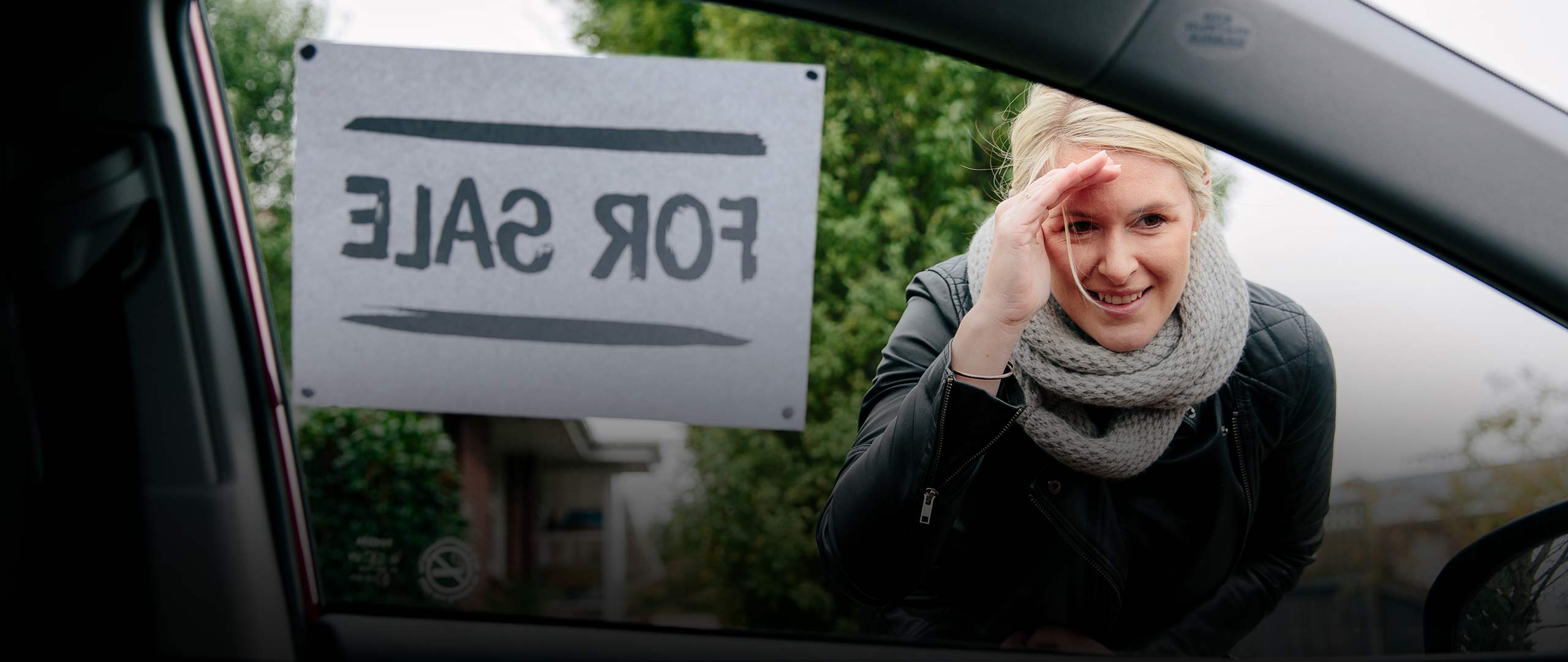Buying a deregistered vehicle
27 June 2017
Many vehicles in New Zealand fall victim to being deregistered and if you’ve recently been searching the used car market, you’ll have found that these cars can often be snapped up for a bargain price. Members frequently get in touch with us when they’re thinking about buying one of these vehicles, and it’s usually because they’re not sure of the implications and reasons behind car deregistration.
While some can still be in good nick, others are better to stay clear of but the main thing to think about is that a deregistered vehicle can no longer be issued with a Warrant of Fitness.
Lapsed registration
To be able to renew your vehicle’s registration you need a current WoF, which means that cars with an expired registration can still pass their annual inspection. It’s not until 12 months after their last license has expired that the NZTA will automatically deregister vehicles, meaning that some owners don’t realise that their car has been automatically deregistered until their annual WoF is due. Several letters giving advance notice are sent to the address of the last registered owner, but if they have moved house or relocated overseas, these can be overlooked.
We all go through hard times and registering and servicing your vehicle can often end up at the bottom of the list of priorities. What you might not realise is that you have an option to postpone payment of your registration for between three and twelve months. You have to make a small payment to receive this benefit, but it is a great option for those who can’t afford a larger registration bill. You can do this online or over the counter at an AA Centre or a post shop. If you do decide to sell your car, it will make it more appealing to potential buyers.
Previous damage
If mere forgetfulness of the seller is the sole reason why the car you’re buying has been deregistered, then it’s actually a positive sign, because an alternative is that it’s been previously written off.
Insurance companies may deregister vehicles when they become structurally damaged and professionally assessed as an uneconomical repair. Typically, this kind of damage will compromise the structural integrity of any of the bonded or welded seams and joints installed by the vehicle manufacturer.
It’s important to be aware of the fact that once a vehicle’s structure and safety devices have been sacrificed, getting the vehicle back to a safe standard is very difficult and expensive. To be able to renew the registration of a vehicle that’s been written off due to structural damage, it will need to undergo a repair certification process to ensure that it’s been restored to an acceptable safety standard.
If you’re buying a car that’s become deregistered due to an insurance write off then it’s particularly important to research the vehicle’s history. The details behind why it’s been written off may be recorded in NZTA records.
Previously written off cars, especially those that have not undergone necessary repairs, pose more of a risk to your bank balance and the safety of yourself, passengers, other motorists and pedestrians. We would also recommend getting a pre purchase inspection before you hand over your money, so that you have as much information about the vehicle’s structural integrity as possible at your disposal.
How do I get a deregistered vehicle back on the road again?
Vehicles with lapsed registration need to undergo a similar inspection process to imported cars, to make sure they meet the same compliance standards that were originally in place when the vehicle was first registered in New Zealand.
While a deregistered car won’t be expected to meet the new standards for emissions or frontal impact in the same way that new car imports have to, the compliance process is still much more rigorous and comprehensive than that of your standard WoF – and it’s reflected in the price.
Cost for a compliance inspection will set you back between $400 and $500, and the registration and plates can cost anything up to $400 extra, depending on the car’s ACC levy band.
If you’re still willing to take those costs on the chin when buying a deregistered car, make sure you get a receipt to prove your ownership as, without evidence, you won’t be allowed to reregister it which isn’t a great way to start your relationship with your new vehicle!
Buying a registered vehicle is less complicated than buying a deregistered car, but the latter doesn’t always have to raise the warning flags. Maybe you have just stumbled upon a gem that has been knocking about in its previous owner’s garage and hasn’t seen the light of day for years. Or maybe, it’s a classic car, which is likely to have its registration on hold anyway. The deregistered vehicle market can throw some interesting choices in to the mix, that’s for sure but a cautious approach is always advisable.

